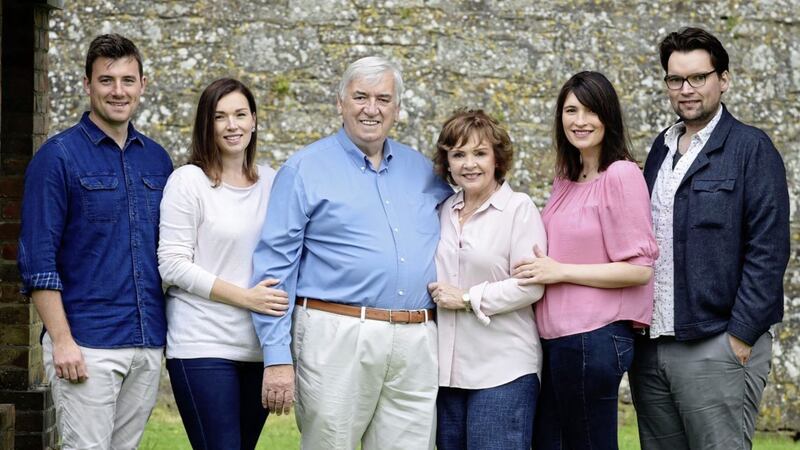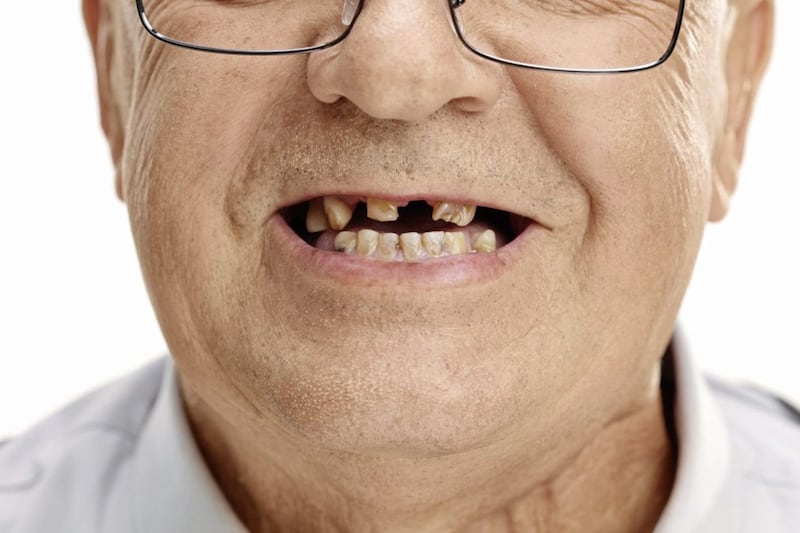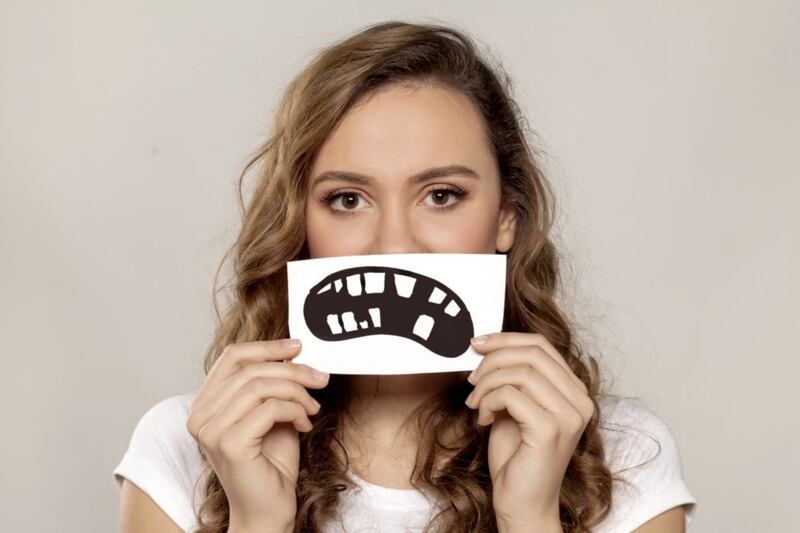ALMOST half of people who have their teeth taken out by the dentist have difficulty in coming to terms with their loss, research suggests. And a third of those fail ever to adjust to a life with dentures.
These feelings are a far cry from ancient cultures and indeed some modern African tribes where tooth removal is carried out for ceremonial purposes and during rites of passage.
It's cultural pressures and expectations which influence the way people react to tooth loss.
In the study carried out at the King's and St Thomas' Dental Institute, 45 per cent of patients had difficulties in accepting the loss of a tooth.
The study found that these people were more likely to feel less confident about themselves, more likely to feel inhibited in carrying out everyday activities (eating and talking) and less able to accept the inevitable change in facial shape which occurs following the loss of teeth.
Additionally, they took longer to come to terms with their tooth loss.
The most obvious effect of missing teeth is visual but the way you feel and social consequences of tooth loss can be just as profound. For some people tooth loss is associated with the ageing process and marks the beginning of their mortality.
Indeed, feelings of shame can surface if someone feels that they’re not living up to their ego ideal. Tooth loss is sometimes even seen as a taboo subject which is not discussed with family or friends.
Reactions to tooth loss follow a similar pattern to that which follows the loss of other body parts or the death of a loved one.
There are five stages in this bereavement process, the first being denial: "I can't believe this is happening."
The second, anger: "Why me? I really thought the dentist could have saved my tooth."
The third, bargaining: "If I do this, will I get well?"
Then, depression: "It made me really down," and lastly, acceptance: "Nothing I can do about it, may as well make the best of it."
No two people will experience the process at the same time or sequence, nor will the intensity of these feelings be identical. Some individuals never encounter certain feelings.
Having time to prepare before the tooth is removed is helpful. Also ask your dentist to explain the reason for extraction so that its clear to you.
Knowing how to replace a tooth as soon as possible can also be reassuring.





